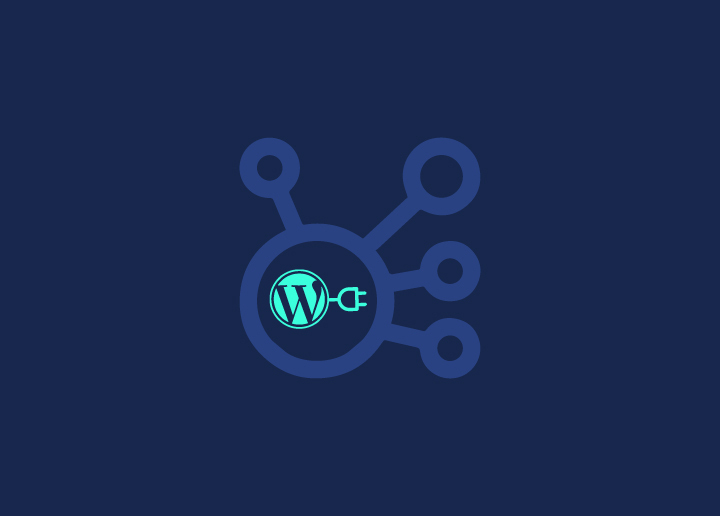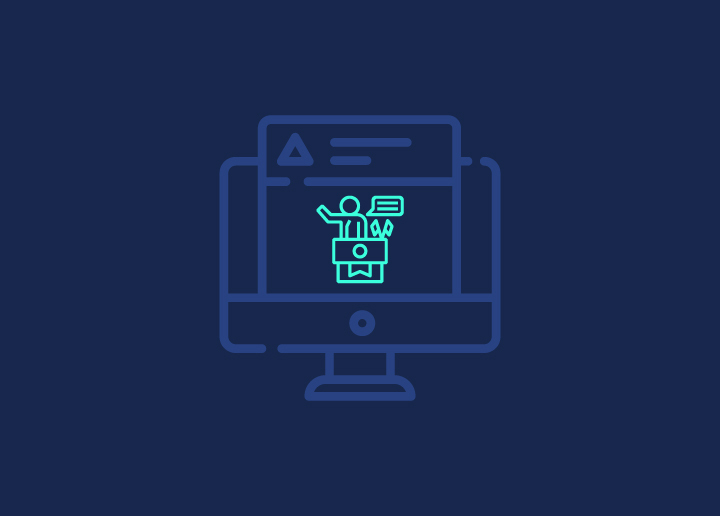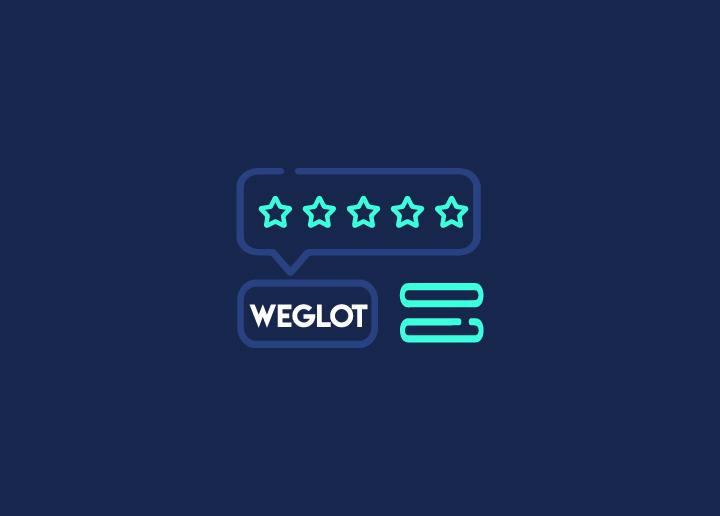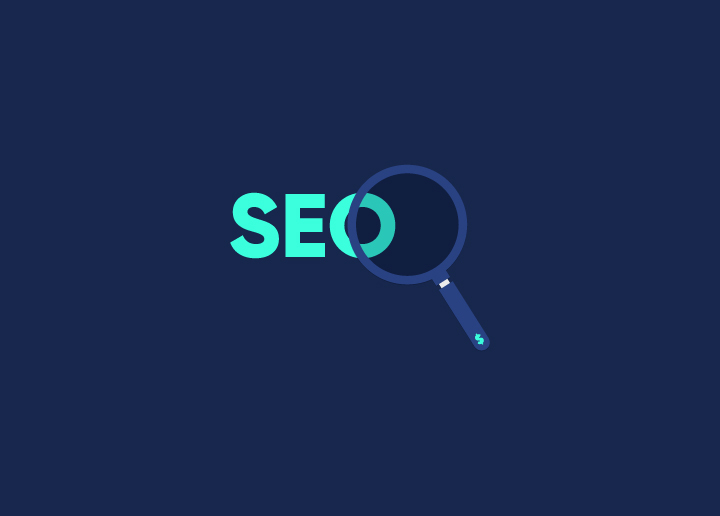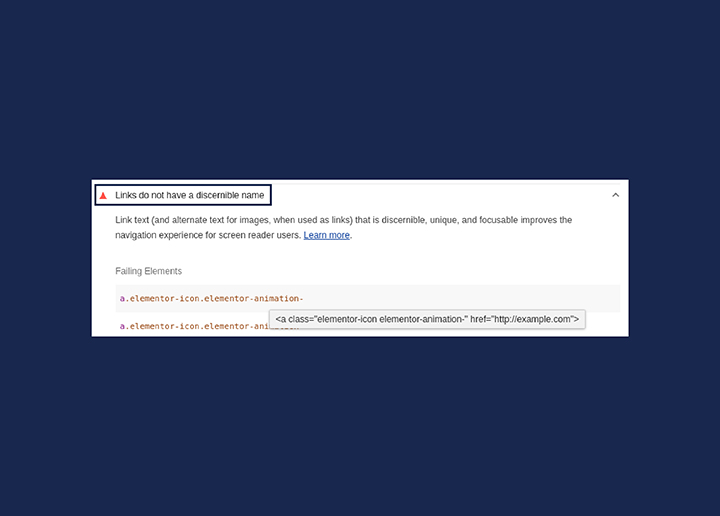SEO is an essential component of digital marketing for any business. It helps to drive more organic traffic to your website and can be the deciding factor in whether or not someone chooses to purchase from you. But how do you know if your SEO efforts are paying off? Understanding Return on Investment (ROI) will help you measure the success of your SEO activities and determine if they are worthwhile investments of your time and money. In this article, we’ll explore what ROI is, how it’s calculated, and why it matters when measuring SEO’s success.
Contents
ToggleWhat is ROI?
ROI, or return on investment, is a crucial metric for measuring the success of SEO. Simply put, ROI measures the profitability of an investment in relation to the amount of money invested. To calculate ROI, you need to know three things: the cost of the SEO campaign, the revenue generated from the SEO campaign, and the campaign’s timeframe.
There are several different ways to measure ROI, but one of the most popular methods is to compare organic search traffic before and after implementing an SEO strategy. Another common method is to track conversions (sales or leads) generated from organic search traffic.
It’s important to note that SEO campaigns can take time to generate results. For this reason, it’s essential to set realistic ROI expectations and track progress over time.
How to Calculate ROI
To calculate ROI, you’ll need to know your total investment, revenue, and net profit.
Your total investment is the cost of your SEO campaign, including any money you spend on tools, software, or outsourcing.
Your total revenue is the money you’ve earned from all sources during your measuring period.
Your net profit is your total revenue minus your total investment.
To get your ROI, divide your net profit by your total investment.
For example, if you spent $1,000 on SEO and earned $10,000 in revenue over a month, your net profit would be $9,000. Divide that by your investment to get an ROI of 900%.
Pros and Cons of Using ROI
There are many ways to measure SEO’s success, but one of the most common and popular methods is ROI (return on investment). While ROI can be a great way to gauge the effectiveness of your SEO efforts, it’s essential to understand both the pros and cons of using this metric before making any decisions.
PROS:
- ROI considers both the monetary value of your SEO efforts and the time and resources invested.
- It can be used to compare the relative success of different SEO strategies.
- ROI provides a clear and concise way to communicate the success of your SEO efforts to clients or upper management.
CONS:
- ROI can be difficult to calculate accurately if you don’t have access to all relevant data points.
- ROI doesn’t consider factors that may not be immediately apparent, such as brand awareness or customer loyalty.
- Some argue that ROI shouldn’t be the only metric used to measure SEO success, as it doesn’t tell the whole story.
Conclusion
SEO ROI is a powerful tool to measure the success of SEO campaigns. It can help you determine which strategies and tactics are working best for your business so that you can make informed decisions about how to allocate resources in the future. And although it is impossible to accurately predict results from SEO campaigns, with some careful attention to data analysis and planning, you should see straightforward returns on investment when done correctly. With this understanding of SEO ROI, businesses can now confidently invest in their digital marketing endeavors knowing they will get a solid return on their efforts.
To know more about SEO terms, check here.








